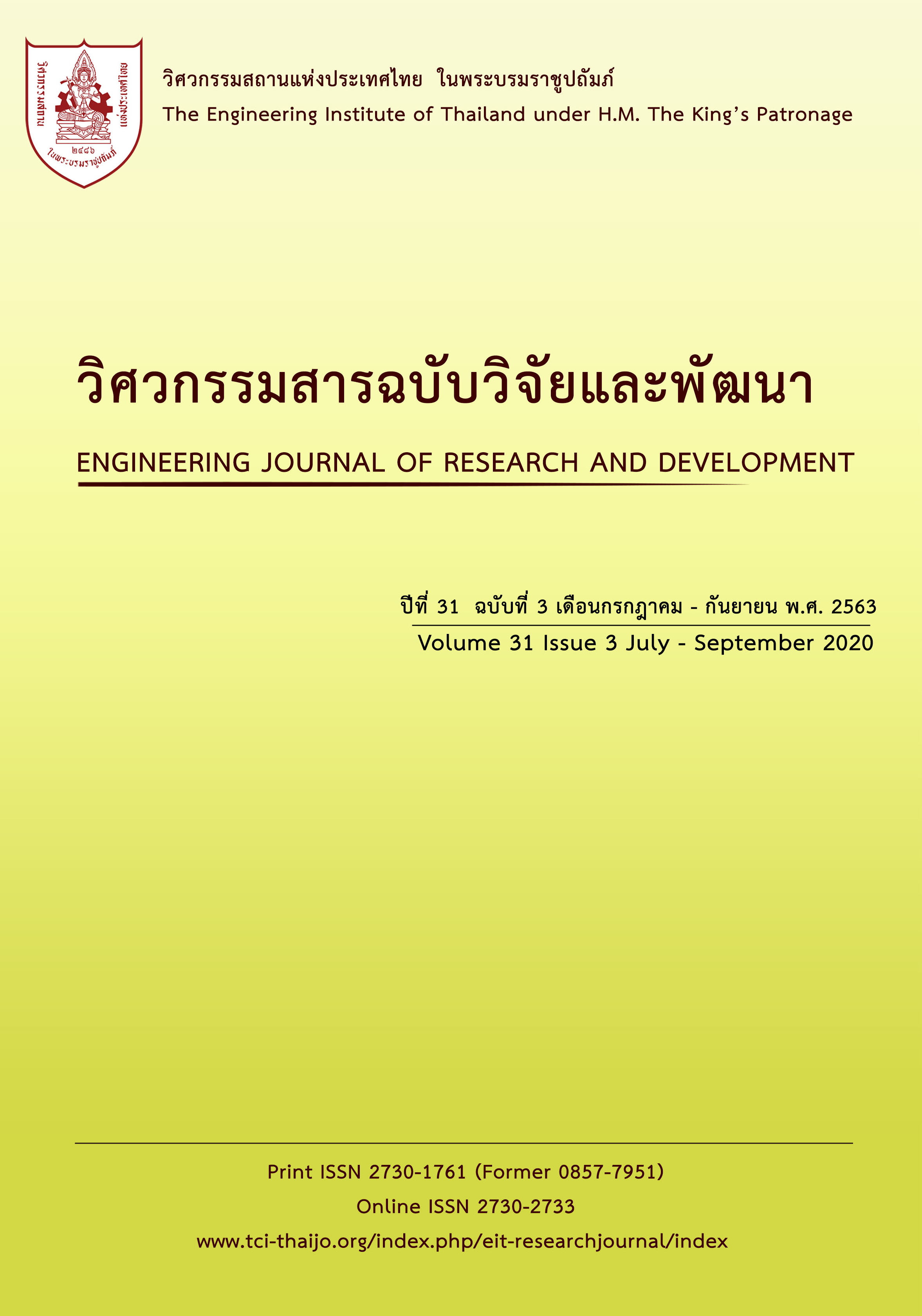ปัจจัยที่ส่งผลต่อความสามารถทางด้านนวัตกรรมขององค์กรก่อสร้างในประเทศไทย
Main Article Content
Abstract
The study aims to identify factors affecting innovation capability of firms operating in Thai construction industry including public agencies, state enterprises, design and consulting firms as well as contractors. Data was collected through 270 questionnaires by asking the respondents the level of importance of each variables in their organizations using 5-point Likert scale. Factor analysis results has combined 48 variables from into 9 factors affecting innovation capability in Thai organizations: information technology (4.18), organization support (3.94), employee empowerment (3.91), employee learning and development (3.61), innovative entrepreneurship (3.55), learning organization (3.45), innovation recognition (3.42), challenging and valuable work (3.36), and physical environment (3.15). Furthermore, the nine factors are compared using one-way ANOVA. The results show significant difference in all factors except information technology between three groups of firms: public and state enterprises, design and consulting firms, and contractors. The design and consulting firms has the highest scores in most factors followed by contractors and public and state enterprises. Public and state enterprises need to improve especially on employee empowerment, innovative entrepreneurship, learning organization and innovation recognition, or else these organization will lose capable human resources which will severely affect the quality and efficiency of public infrastructure of the country. Due to the importance and large investment in public infrastructure projects required in national development plan, the lack of innovation capability will hinder the development of the nation to meet its 20-year national strategic plan as well.
Article Details
The published articles are copyright of the Engineering Journal of Research and Development, The Engineering Institute of Thailand Under H.M. The King's Patronage (EIT).


